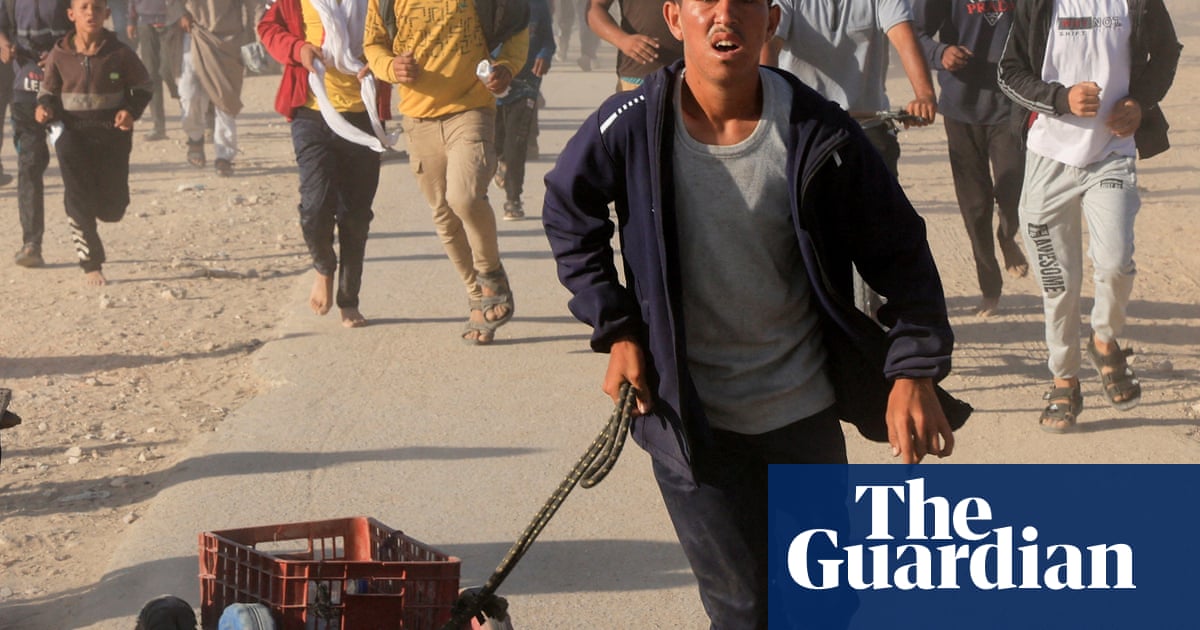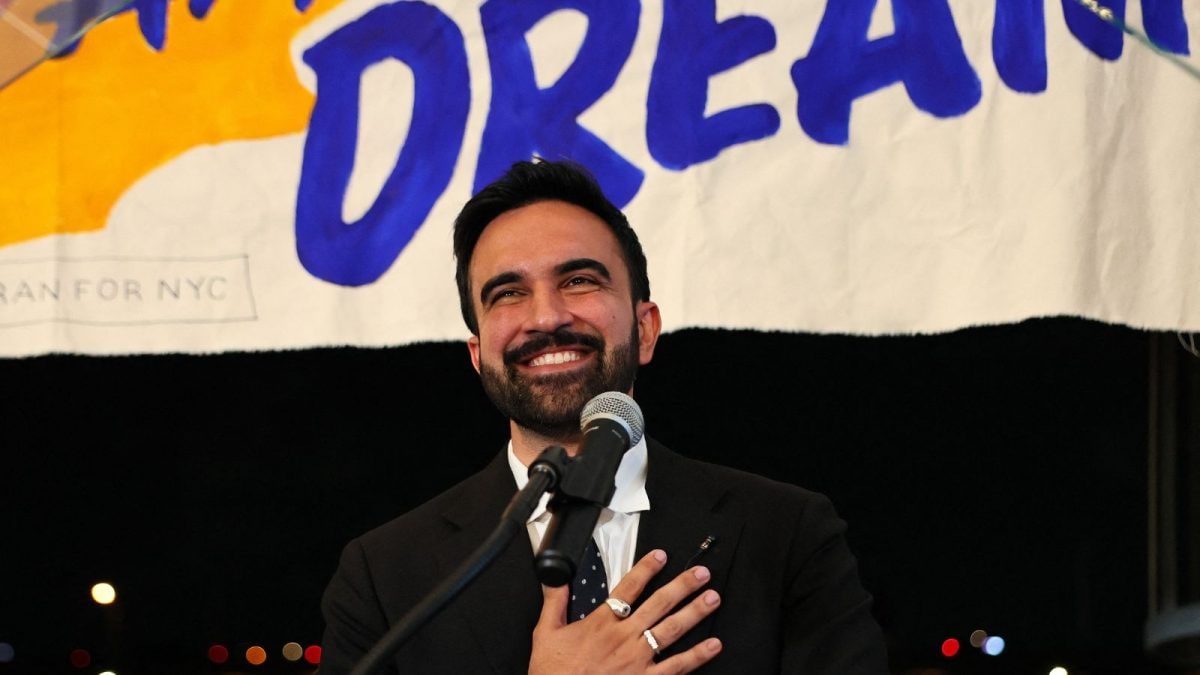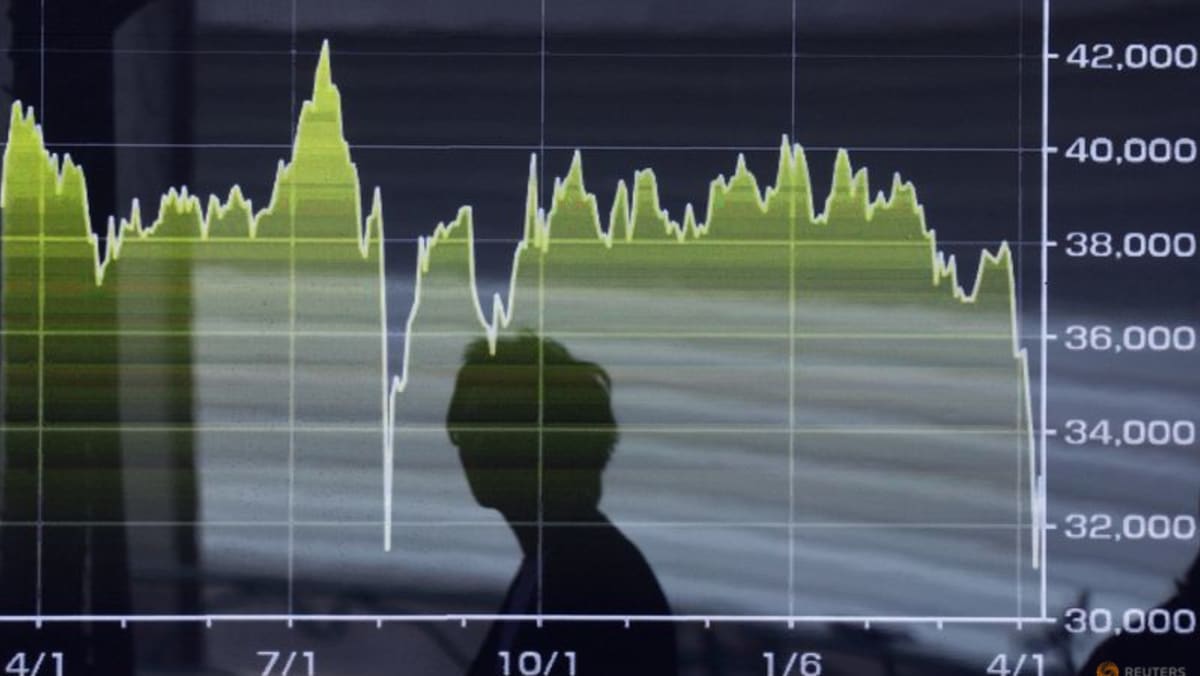Israeli Military Investigates Allegations of War Crimes Amid Gaza Aid Crisis

The Israeli military has initiated an investigation into potential war crimes amid increasing evidence that its troops have intentionally fired upon Palestinian civilians who were gathering to receive humanitarian aid in Gaza. This comes in the wake of hundreds of reported fatalities over recent weeks, as individuals have been subjected to various attacks—including airstrikes and gunfire—by the Israel Defense Forces (IDF) while waiting for food distributions or making their way to aid sites.
On Friday, the prominent Israeli newspaper Haaretz cited unnamed soldiers who claimed they had received directives to fire at crowds near food distribution centers to discourage them from approaching Israeli military positions. These soldiers expressed concerns about the use of excessive lethal force against individuals who appeared to pose no imminent threat. The newspaper also reported that a military unit tasked with reviewing incidents potentially involving breaches of international law has been assigned to investigate the actions of soldiers near aid distribution sites over the past month.
In response to these serious allegations, the IDF has categorically denied that forces were instructed to deliberately shoot at civilians, including those approaching distribution centers. An official statement from the IDF emphasized that its directives strictly prohibit any intentional attacks on civilians, reaffirming their commitment to operational ethics.
In a joint statement released late Friday, Israeli Prime Minister Benjamin Netanyahu and Defense Minister Israel Katz criticized Haaretz for what they labeled as “malicious falsehoods” aimed at tarnishing the reputation of the IDF, which they describe as the most moral military in the world.
The humanitarian situation in Gaza has deteriorated sharply due to a stringent blockade on essential supplies imposed by Israel throughout March and April, endangering the lives of approximately 2.3 million residents who now face the looming threat of famine. Although the blockade was partially lifted last month, the United Nations has encountered significant challenges in delivering aid, which include blocked roads filled with rubble, military restrictions imposed by Israel, ongoing airstrikes, and increasing lawlessness. Reports indicate that hundreds of aid trucks have been looted by armed groups and desperate civilians alike.
On Thursday, an Israeli airstrike reportedly killed 18 individuals in Deir al-Balah, targeting Palestinian police who were distributing flour in a local market. This strike appears to have specifically targeted members of a security force established by the Hamas-led interior ministry, intended to combat looters and individuals selling stolen aid at inflated prices. Witnesses reported that many casualties were innocent civilians who had gathered for assistance, with the al-Aqsa Martyrs hospital confirming that among the dead were a child and at least seven members of the Sahm unit.
Razeq Abu Mandil, a paramedic from the al-Maghazi refugee camp, recounted the harrowing scene of chaos and despair, stating, “Among the injured were men, women, and children. In my ambulance, there was a woman and her daughter—both wounded. When we arrived, there were people torn to pieces—severely wounded and dead. We started transporting the injured and the dead to the hospital, then returned again to load the ambulances. I repeated this three or four times. The situation in the hospital was catastrophic.”
A wounded civilian, Ahmed Abu Zubeida, described the chaos: “I was far from the point of impact, but some shrapnel injured my leg. I looked around and saw people lying on the ground—torn bodies, wounded individuals, blood and its smell filling the air, cries and screams.”
This airstrike occurred shortly after Israel closed crossings into northern Gaza, hindering the most direct routes for delivering aid to areas experiencing the most severe humanitarian crises.
Initially, aid in Gaza was primarily distributed by the UN and various international humanitarian organizations; however, Israeli authorities have accused Hamas of diverting and selling supplies to fund its military operations. Both the UN and other help groups firmly reject these allegations, asserting that their monitoring mechanisms for aid distribution are both robust and effective.
Israel has recently supported a private contractor from the United States, the Gaza Humanitarian Foundation (GHF), which began distributing food boxes in Gaza last month from several hubs. To access these GHF sites, which open at irregular hours—often at night—Palestinians must navigate roads obstructed by rubble and traverse areas under Israeli military control, where witnesses report that troops frequently open fire with mortars, tanks, and machine guns on civilians attempting to retrieve aid.
A senior aid official in Gaza noted that many shootings take place during nighttime when civilians gather near Israeli troops, either waiting for aid distribution or recovering aid that had been looted from trucks. The official remarked, “The soldiers fire to keep them away, or because they don’t know who is there, or because they don’t care, or all three.”
Medical records compiled by independent NGOs operating in Gaza confirm that hundreds of civilians have suffered lethal injuries due to bullets and shelling. While the IDF maintains that its internal investigation processes are sufficient, critics argue that few cases are thoroughly pursued and only a minuscule percentage lead to any sanctions against military personnel.
Despite ongoing hostilities, Israel has continued to permit a limited number of aid trucks to enter Gaza, with around 70 trucks reportedly making entries on Monday and Tuesday. However, on Thursday, the government closed entry points used to reach the northern part of the territory, where humanitarian needs are most pressing. UN Secretary-General António Guterres expressed grave concerns on Friday, stating that the US-backed aid operation in Gaza is inherently unsafe and bluntly asserting, “It is killing people.” He emphasized the dire circumstances faced by civilians, declaring, “People are being killed simply trying to feed themselves and their families. The search for food must never be a death sentence.”
The ongoing conflict was ignited by a surprise attack from Hamas on southern Israel, which resulted in the deaths of 1,200 people, primarily civilians, and the abduction of 251 individuals. The overall death toll in Gaza has now reached a staggering 56,331 fatalities, predominantly among civilians, according to local health authorities.
This report includes contributions from the Associated Press and Reuters.



























